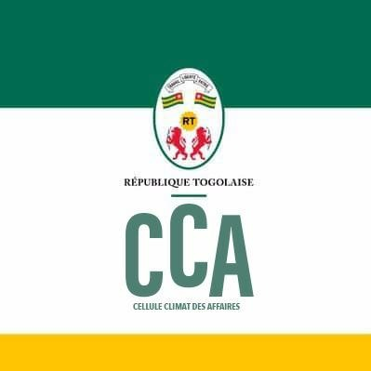Here are Sandra Johnson’s recommendations for curbing the impact of Russia’s war on Africa

(Togo First) - A week ago, on July 21, Togo’s minister, secretary-general at the Presidency, Sandra Ablamba Johnson, took part in a political webinar on the Russia-Ukraine war’s impact on the prices of commodities and food products in Africa.
The webinar was organized by the United Nations Economic Commission for Africa (UNECA). It gathered the ministers of planning and finance of Togo, Rwanda, Ethiopia, and Egypt, as well as academics and representatives from research and statistics institutions.
The talks were mainly on how the war affected African economies’ development and how to curb subsequent shocks.
“The Covid-19 pandemic has put a brake on the ambitions of African countries, including Togo. The Russian-Ukrainian conflict has aggravated an already fragile post-Covid socio-economic situation. This situation, paired with climatic shocks, is disrupting supply and prices on the global and local markets for commodities and food products. It strains African countries’ goal to implement a policy for wealth redistribution. It limits the capacity and effectiveness of their budgetary plans, thereby undermining economies,” Sandra Johnson said during the webinar.
To tackle these issues, "the Togolese government has taken a series of measures to strengthen the country's economic resilience,” the minister added.
With these efforts, the country expects to record robust economic growth this year–5.9% against 5.5% in 2021. Initially, the forecast for 2022 was 6.1%.
It should be emphasized that security issues, fuelled by terrorists in West Africa, add to the country’s economic ones. To deal with both, Sandra Johnson suggested the adoption of a “Marshall plan” for Africa.
“To better play its role as guarantor of security, welfare, and prosperity for all on the national territory, the Togolese government is organizing itself to tackle this double challenge, knowingly the consequences of the Russian-Ukrainian war and the jihadist threat and violent extremism.”
The Togolese official asked for greater allocation of special drawing rights (SDRs), the speeding up of their reallocation, and the creation of more flexible mechanisms to access these resources. This, she claims, will help African countries buy oil and gas, fertilizers, and food products. These measures, Johnson added, should be paired with accelerated debt restructuring and deficit reduction to enable countries to increase public spending and finance resilience and economic recovery.
To boost local consumption and tackle fertilizer import issues, Togo bets on organic fertilizers, Sandra Johnson told UNECA experts. She thus asked them for support to bolster the production of these fertilizers. The West African country, let’s recall, is a significant importer of organic products.
Fiacre E. Kakpo

















